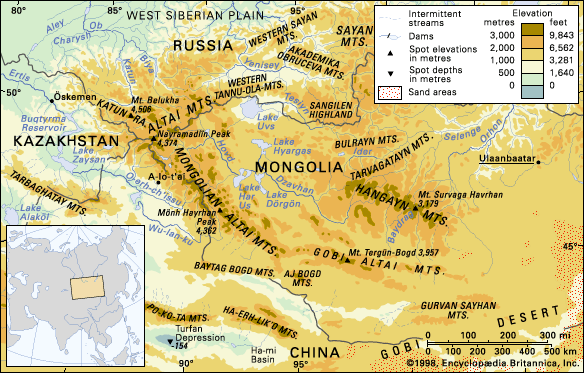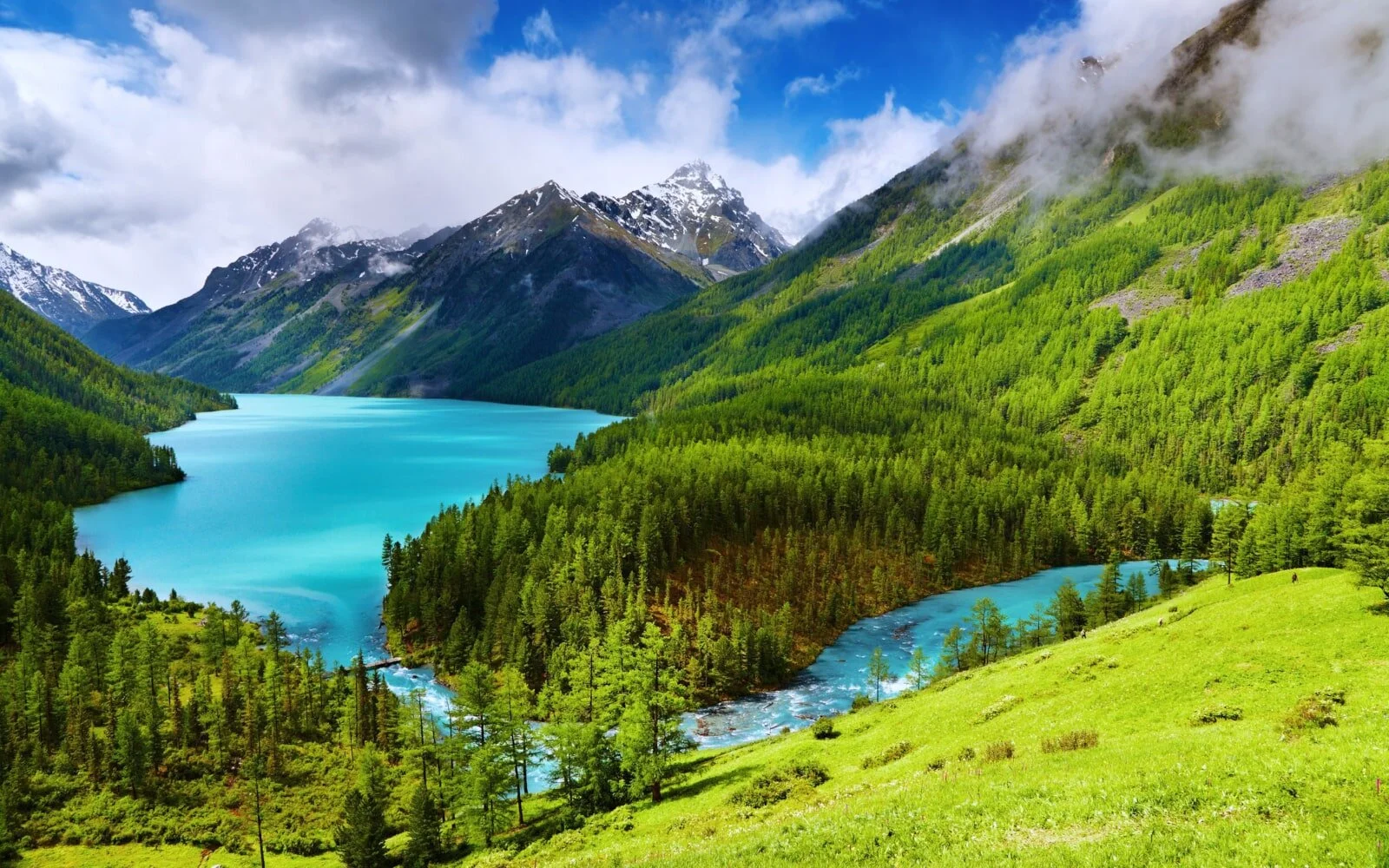Research: Russia
I have never really given Russia any thought. Perhaps subconsciously, and if so very embarrassingly, brainwashed by negative western propaganda, or perhaps simply focused on other objectives. The other day while pursuing the pages of Work Away - a favorite past time of mine - I randomly searched for opportunities in Russia. This search produced unexpectedly intriguing results and in the days that followed I would dive head first into a rabbit hole of Russia, Siberia and Central Asia.
Growing up an expat kid, I was exposed to traveling and living in different countries since my earliest days. In 2017, I embarked on my first grand adventure, five months of completely unplanned travel through South America, seeking out places, cultures, and peoples I had never experienced before. However, as a seasoned traveler, South America was less challenging to navigate than anticipated. There were challenging days, but I was familiar with the language and could communicate proficiently, there was an obvious “Gringo Trail” to follow and the collective attitude towards travelers was very similar to that of Thai culture - extremely kind and accommodating.
Russia on the other hand, or more specifically Siberia, what is up over there?
the Altai Mountains
“the switzerland of russia”
After Norway I am pretty into the idea of being remote, and is there anywhere more remote sounding than the middle of Russia? Remote and mysterious, I imagine it to be stunning undisturbed landscape matched by an equally beautiful culture, one filled with ancient wisdom that I would love to learn from.
Then a mountain range called The Altai Mountains caught my eye, starting in the south of Siberia at a very interesting intersection of Russia, Kazakhstan, Mongolia and China, the very definition of Eurasia & Central Asia. The photographs of this are confirm it is epic, something similar to Alaska with snow covered peaks and blue-blue water.
Looking at these maps I am left thinking…and what about Kazakhstan and Mongolia, following the mountains into these other countries I know so little about and hear so little about. Then a quick jump across China and I am in the Himalaya, another area I am pinning after these days.
This region seems challenging to get to, but that makes it even more interesting and compelling.
Based on my searches so far it looks like you must travel through Moscow to then transfer onto a domestic airlines that will take you to the nearest cities: Novosibirsk, Gorno-Altaysk or Krasnoyarsk. From these cities it seems possible to take a train, bus, rental, or tour through these mountains.
lake Baikal
the deepest & oldest lake in the world
After the Altai Mountains I would continue to head east, in this hypothetical Russian adventure of mine, to visit the oldest and deepest lake in the world. Lake Baikal is 25 million years old, contains more water than all the Great Lakes combined, and is four times deeper than lake superior. Apparently the water is so clear you can see up to 130 feet deep and the lake is home to one of three populations of fresh water seals in the world called the Baikal seal or Nerpa.
This lake seems an easier to get to, kinda. You can get to Irkutsk and Ulan-Ude by plane, train (the Trans-Siberian) and by bus. Irkutsk is 65 km from the lake and Ulan-Ude is 250 km. From these two points you can head to different villages along the lake, but I’ll figure out the details when this trip inches closer to reality.
I found some very beautiful images of this lake in winter when it freezes over completely. Then I found a whole series of expeditions involving the frozen lake, some traveling by foot, others by skies and others by bicycle.
In 2010, Michael Steveson, Scott Gilmour and Rob Trigwell (pictured above) traversed Lake Baikal, all 700 km of the lake, in 12 days, 21 hours and 13 minutes.
& others cycle across
Image from sidetracked.com a beautiful travel, adventure, exploration, magazine!
The Kamchatka peninsula
The ring of fire
Almost the size of California, this place is wild and home to around 300 volcanoes, 30 of which are still active, and 4 to 7 of which erupt annually. Vast beaches, salmon, brown bears, hiking and surfing, it resembles Alaska, its neighbor to the east.
My hypothetical travels through Russia would continue east to this peninsula, where perhaps I would volunteer at a Surf Camp posted on Work Away. This camp is looking for people to volunteer through the summer on the eastern, Pacific side of the peninsula where apparently there is a steady flow of waves.
The eastern coast of the Kamchatha Peninsula has vast beaches with stunning black, volcanic sands. Slightly inland stand the volcanoes themselves, many still active and perfectly coned shaped, they trace along the ring of fire.
the chains of islands tracing the ring of fire from Alaska to russia to japan must be so epic!
With COVID-19 spreading around the globe borders are shutting down left and right. As I write this Russia has just shut its borders to non-nationals until May 1st.
So, Russia will have to wait.
















